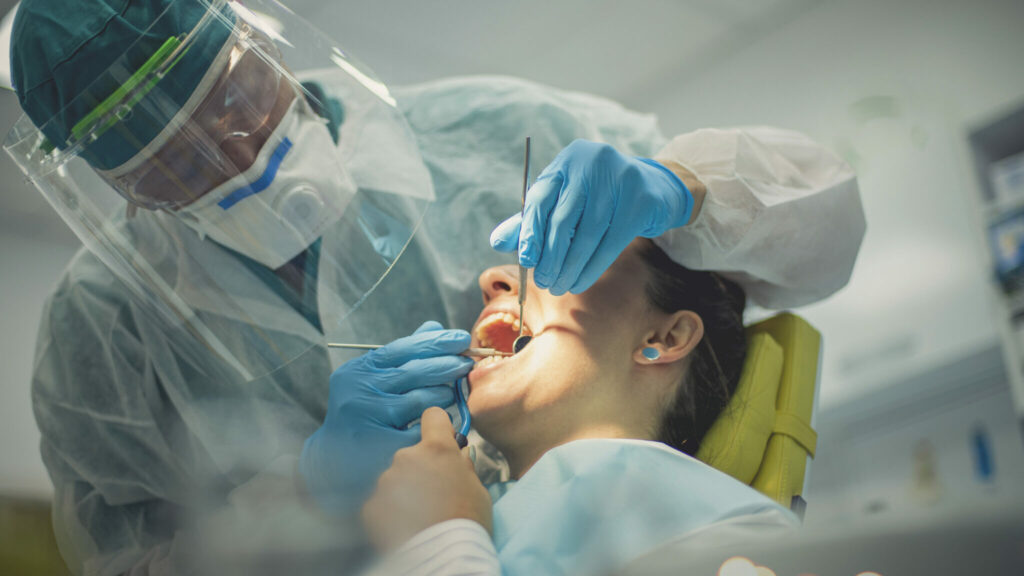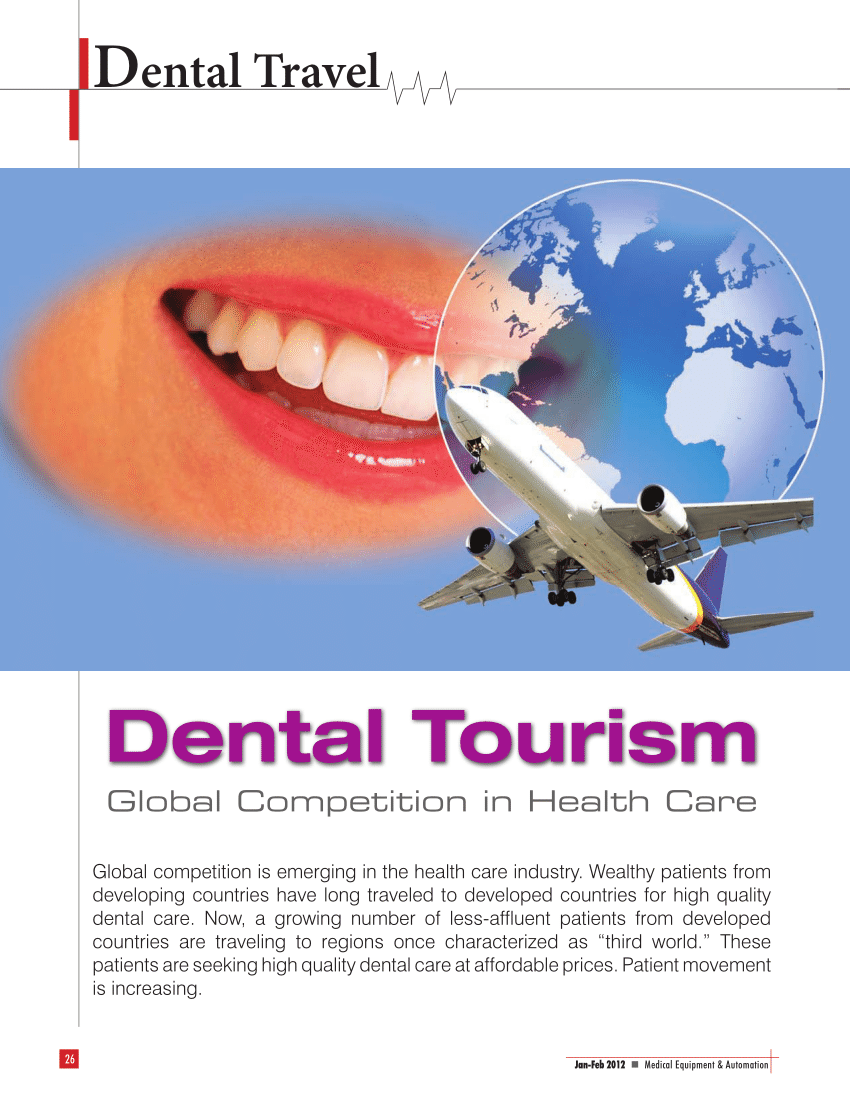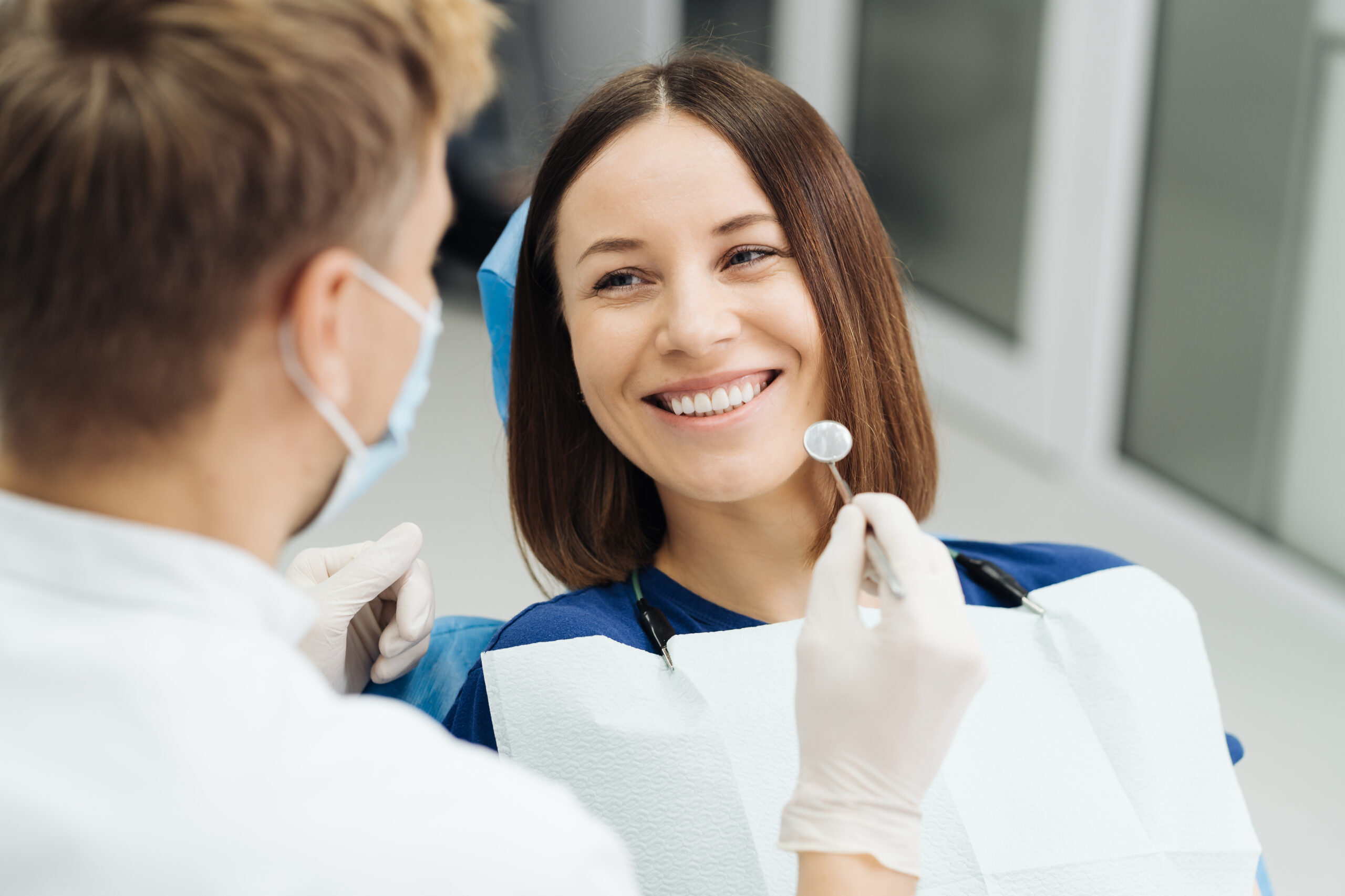Are you seeking affordable dental care for your family or group? Look no further! Oral Health Tourism offers a cost-effective solution for families and groups who are in need of dental treatments. By traveling to countries where dental services are more affordable, you can save a significant amount of money without compromising on the quality of care. Whether you require routine check-ups, orthodontic treatments, or cosmetic procedures, Oral Health Tourism aims to provide you and your loved ones with exceptional dental care at a fraction of the cost. Say goodbye to exorbitant dental bills and hello to a brighter, healthier smile. Start planning your dental vacation today!
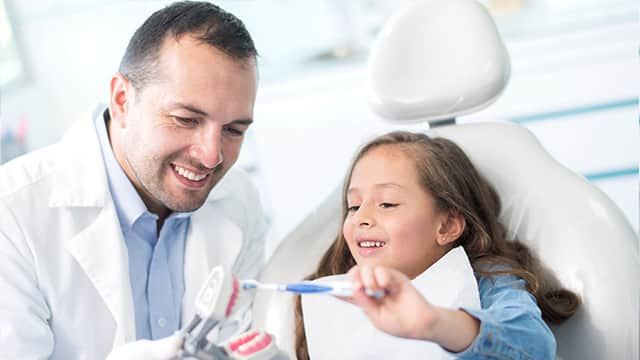
Table of Contents
ToggleBenefits of Oral Health Tourism
Cost Savings
One of the major benefits of oral health tourism is the cost savings it offers. Dental treatments in some countries can be significantly cheaper compared to others, making it an attractive option for families and groups seeking affordable dental care. By traveling to a destination where dental treatments are more affordable, you can save a substantial amount of money, especially for complex procedures such as dental implants or orthodontic treatments.
Quality Dental Care
Contrary to common misconceptions, oral health tourism does not compromise the quality of dental care. Many dental clinics in popular dental tourism destinations have highly skilled and experienced dentists who are trained in reputable institutions. These dentists often use state-of-the-art equipment and follow strict hygiene standards to ensure that patients receive the highest quality of care. With advanced technology and modern techniques, you can rest assured that you will receive top-notch dental treatment while enjoying your vacation.
Access to Specialized Treatments
Oral health tourism also provides access to specialized treatments that may not be readily available in your home country. Certain countries, especially those known for dental tourism, have dental clinics that specialize in specific treatments such as cosmetic dentistry, oral surgery, or implant dentistry. Traveling to these destinations will ensure that you have access to the latest advancements in dental treatments and can receive specialized care tailored to your needs. This can be particularly beneficial for families and groups with unique dental requirements.
Choosing a Destination for Oral Health Tourism
Researching Dental Clinics
When choosing a destination for oral health tourism, it is essential to thoroughly research dental clinics in the area. Look for clinics with positive reviews, experienced dentists, and a strong reputation for providing high-quality care. Additionally, consider checking if the clinic has certifications or affiliations with reputable dental organizations to ensure that you are receiving treatment from a reliable and trustworthy provider. Remember to also inquire about the range of dental services they offer and whether they can cater to your specific treatment needs.
Considering Language Barrier
Language barriers can be a concern when seeking dental treatment in a foreign country. It is crucial to choose a destination where you feel comfortable with the language spoken. Opt for a location where the dental staff can communicate with you effectively, either in English or a language you are familiar with. This will help ensure that you can discuss your dental concerns and understand the treatment recommendations clearly. If necessary, consider using translation services or apps to bridge any language gaps during your dental appointments.
Checking Safety and Hygiene Standards
To ensure your safety and well-being, it is important to check the safety and hygiene standards of the dental clinic and destination you are considering. Look for clinics that adhere to strict infection control protocols, maintain clean and well-equipped treatment rooms, and follow standard sterilization procedures. Additionally, research the overall safety of the destination, including crime rates and healthcare facilities. This will help you make an informed decision and ensure that your oral health tourism experience is safe and hassle-free.
Preparing for Oral Health Tourism
Obtaining Travel Documents
Before embarking on your oral health tourism journey, make sure to obtain all necessary travel documents. Check the passport validity requirements of the destination country and ensure that your passport is up to date. Some countries may also require a visa for entry, so be sure to research and apply for any necessary visas well in advance. It is also advisable to carry copies of all important documents, such as your dental treatment records and contact information, in case of any unforeseen situations.
Arranging Accommodation and Transportation
To make your oral health tourism experience seamless, it is important to arrange accommodation and transportation in advance. Look for accommodations that are conveniently located near the dental clinic and offer comfortable amenities for you and your family or group. Consider transportation options such as rental cars or public transportation to ensure easy access to both the dental clinic and local attractions. Planning these logistics ahead of time will help minimize any stress or inconvenience during your stay.
Getting Medical Insurance
Medical insurance is a crucial aspect to consider when preparing for oral health tourism. While many dental procedures may not be covered by standard travel insurance, it is important to explore the options available for dental-specific coverage. Some countries offer dental tourism insurance policies that can provide financial protection in the event of unexpected complications or emergencies related to your dental treatment. Be sure to thoroughly review the coverage details and consider investing in dental insurance to ensure peace of mind during your oral health tourism experience.
Planning Dental Treatments for Families and Groups
Identifying Dental Needs
Before embarking on your oral health tourism journey as a family or group, it is important to identify and prioritize the dental needs of each member. Schedule a comprehensive dental check-up for everyone involved and consult with the dentists to understand the treatment recommendations. Take note of any urgent or essential treatments that need to be prioritized, as well as any additional cosmetic or elective procedures that may be desired. This will help you plan your dental appointments and treatments more efficiently during your stay.
Scheduling Appointments and Procedures
Once you have identified the dental needs of your family or group, it is time to schedule appointments and procedures. Coordinate with the dental clinic to ensure that all necessary treatments can be accommodated within your travel timeline. Keep in mind factors such as the duration of each appointment, recovery periods, and the need for follow-up visits. It is also important to communicate any specific concerns or preferences to the dental clinic to ensure a smooth scheduling process and optimal dental care for everyone.
Coordinating Treatment Plans
When planning dental treatments for families and groups, it is beneficial to coordinate treatment plans to streamline the process. Work with the dental clinic to create a comprehensive treatment plan that takes into account the needs of each individual. This may involve scheduling appointments consecutively or in a way that minimizes the number of visits required. By coordinating treatment plans, you can minimize the time and logistical challenges involved and make the most of your oral health tourism experience as a family or group.
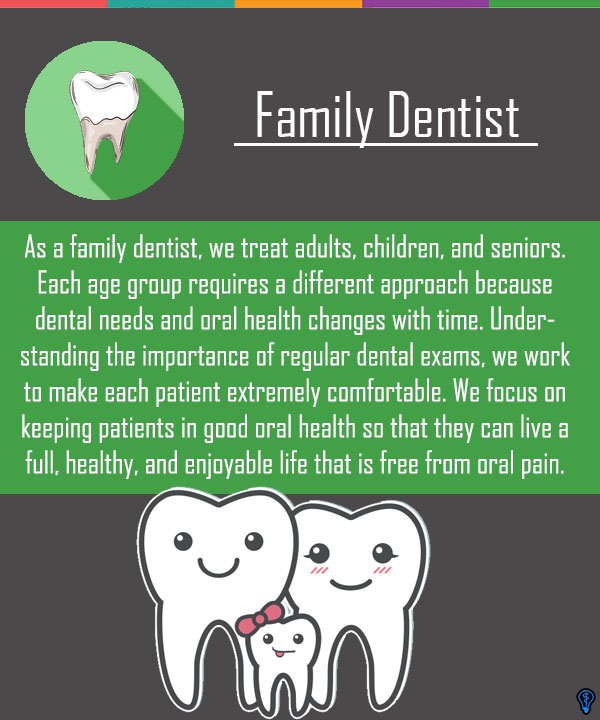
Activities for Families and Groups during Oral Health Tourism
Exploring Local Attractions
Oral health tourism provides an excellent opportunity for families and groups to explore local attractions and make the most of their vacation time. Research and plan visits to popular tourist spots, landmarks, museums, or natural attractions in the destination country. This will not only allow you to experience the local culture and heritage but also create lasting memories for everyone involved. Be sure to strike a balance between dental appointments and leisure activities to make the most of your oral health tourism experience.
Engaging in Recreational Activities
In addition to exploring local attractions, engaging in recreational activities can enhance your oral health tourism experience as a family or group. Look for activities such as hiking, beach visits, water sports, or adventure parks that are suitable for all age groups and interests. Engaging in recreational activities will not only help create a sense of adventure and fun but also contribute to overall well-being and relaxation during your oral health tourism trip.
Taking Cultural Tours
To immerse yourself in the local culture and gain a deeper understanding of the destination country, consider taking cultural tours. These tours can include visits to historical sites, local markets, traditional villages, or even cooking classes to learn about local cuisine. By participating in cultural tours, you can enrich your oral health tourism experience and create a more well-rounded vacation for your family or group.
Ensuring Safety during Oral Health Tourism
Researching Local Laws and Customs
Before embarking on your oral health tourism journey, take the time to research the local laws and customs of the destination country. Familiarize yourself with basic legal guidelines, cultural norms, and customs to ensure that you can navigate the country safely and respectfully. This will help you avoid any inadvertent offenses or misunderstandings while enjoying your oral health tourism experience as a family or group.
Protecting Personal Belongings
While oral health tourism can be an exciting time, it is important to remain cautious and protect your personal belongings. Keep your passports, travel documents, and valuables in a secure location, such as a hotel safe or lockbox. Use reliable transportation services and avoid displaying expensive jewelry or electronics that may attract unnecessary attention. By taking simple precautions, you can ensure the safety of your personal belongings and focus on enjoying your oral health tourism experience.
Having Emergency Contact Information
Emergencies can happen even during a carefully planned oral health tourism trip. To ensure your safety, it is essential to have emergency contact information readily available. Save the contact details of your embassy or consulate, local emergency services, and the dental clinic in your phone or on paper. This will enable you to seek assistance promptly in case of any medical or dental emergencies. Communicate this information to all members of your family or group for everyone’s peace of mind.
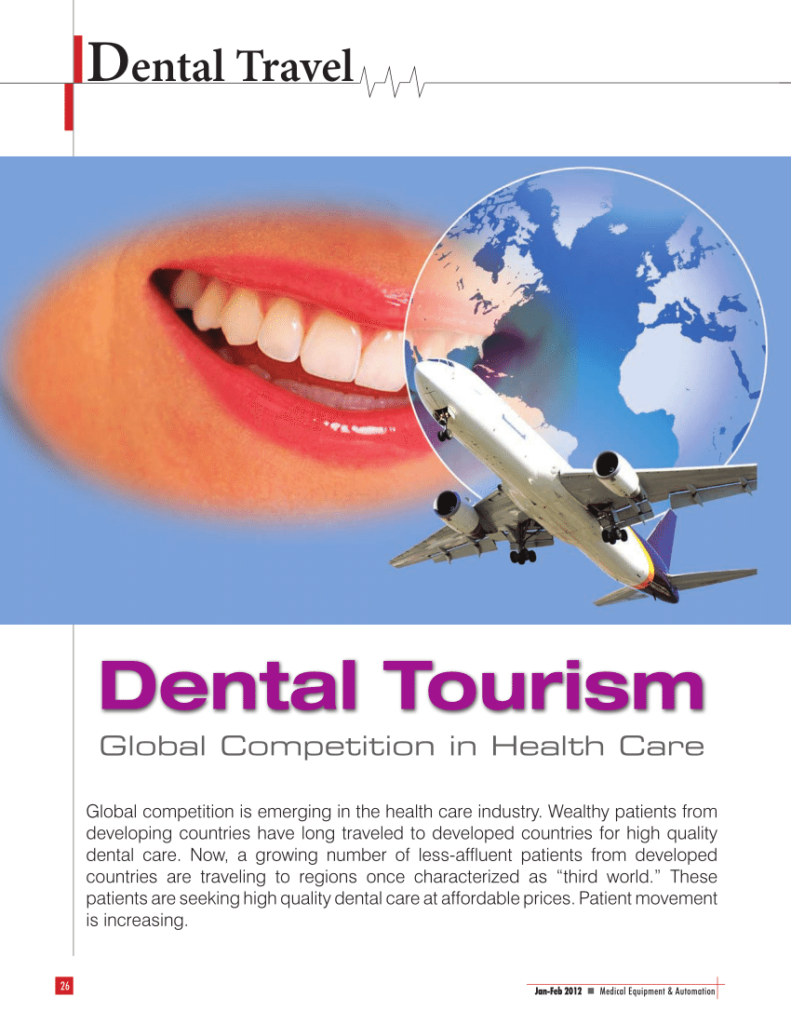
Understanding Costs and Payment for Oral Health Tourism
Comparing Treatment Costs
One of the key advantages of oral health tourism is the potential for cost savings. Research and compare treatment costs in different destinations to find a location that offers affordable yet high-quality dental care. Take into account factors such as consultation fees, procedure costs, medication expenses, and any additional charges that may apply. By comparing treatment costs, you can make an informed decision and ensure that you get the best value for your money during your oral health tourism experience.
Considering Payment Options
When planning for oral health tourism, it is important to consider the available payment options. Some dental clinics may accept international credit cards or offer payment plans to ease the financial burden of the treatments. Be sure to inquire about payment options and make arrangements accordingly. Additionally, familiarize yourself with the local currency and exchange rates to facilitate smooth transactions during your stay.
Checking Insurance Coverage
Prior to your oral health tourism trip, review your existing medical or dental insurance policies to determine if they provide coverage for treatments abroad. Some insurance policies may offer partial or full coverage for dental procedures performed in certain countries. However, it is important to check the coverage details, including any restrictions or limitations. If necessary, consider purchasing additional dental insurance specific to oral health tourism to safeguard yourself and your family or group against any unexpected expenses.
Post-Treatment Care and Follow-up
Obtaining Treatment Records
After completing your dental treatments during your oral health tourism trip, it is important to obtain copies of your treatment records. These records are valuable for future reference, follow-up visits, or any necessary dental care in your home country. Ensure that you have a complete set of records that includes details of the treatments performed, medications prescribed, and any post-treatment care instructions provided by the dental clinic.
Scheduling Follow-up Visits
Depending on the nature of your dental treatments, it may be necessary to schedule follow-up visits with the dental clinic. This will allow the dentists to assess the progress of your dental health and address any concerns or complications that may arise. Coordinate with the dental clinic to determine the recommended timeframe for follow-up visits and make the necessary arrangements. Regular follow-up visits are crucial to ensure the success and longevity of your dental treatments.
Maintaining Oral Hygiene
To ensure the longevity of your dental treatments and maintain optimal oral health, it is important to prioritize oral hygiene. Follow the post-treatment care instructions provided by your dentist diligently and incorporate healthy oral habits into your daily routine. This includes regular brushing, flossing, and using mouthwash as recommended. By maintaining good oral hygiene practices, you can enjoy the benefits of your dental treatments and minimize the risk of future dental issues.
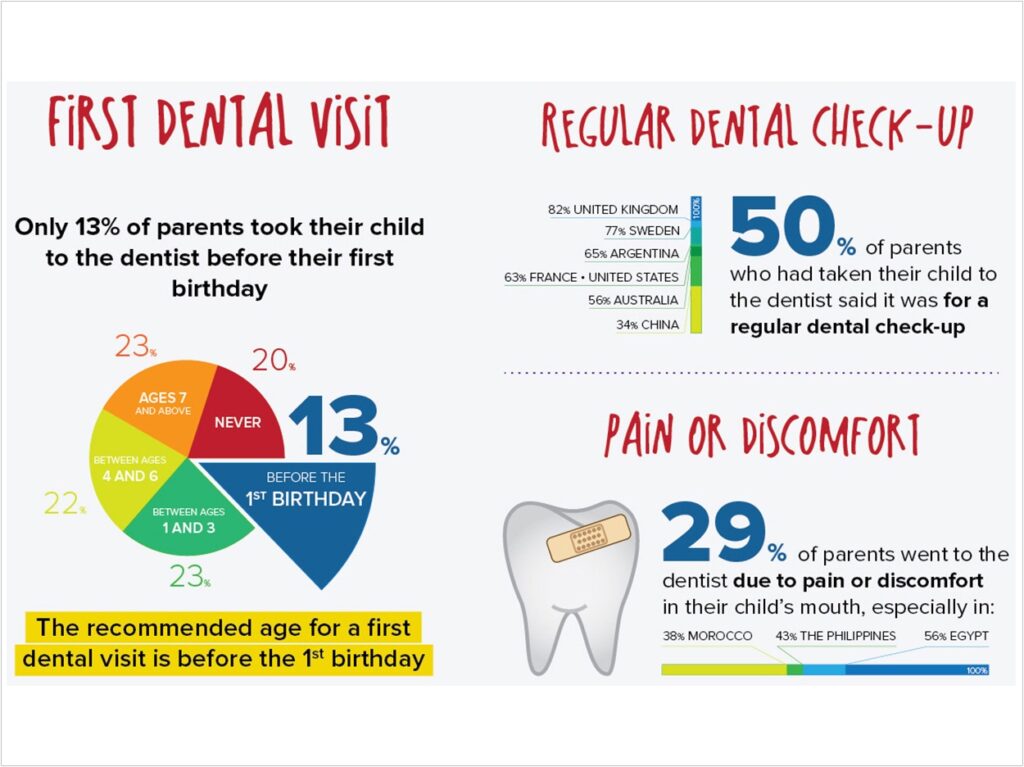
Dealing with Language Barriers during Oral Health Tourism
Learning Basic Phrases
When facing language barriers during your oral health tourism trip, learning basic phrases in the local language can greatly help with communication. Familiarize yourself with simple greetings, expressions, and dental-related vocabulary to facilitate effective communication with the dental staff. Even a basic understanding of the local language can go a long way in building rapport with the dentists and ensuring clear communication throughout your dental appointments.
Using Translation Apps or Services
In addition to learning basic phrases, utilizing translation apps or services can be immensely helpful in overcoming language barriers. There are various translation apps available that can instantly translate spoken or written words. These apps can assist in interpreting conversations between you and the dental staff, making it easier to understand treatment recommendations and express any concerns. Familiarize yourself with popular translation apps or consider hiring professional translation services for a more accurate and comprehensive translation experience.
Communicating with Dental Staff
When dealing with language barriers, effective communication with the dental staff is essential. Be patient and use non-verbal cues such as hand gestures or visual aids to convey messages. Additionally, make use of any translation assistance available, whether it be through translation apps, hired interpreters, or bilingual dental staff. Clear and open communication will ensure that your dental treatments are carried out accurately and that any concerns or questions you may have are addressed appropriately.
Tips for a Successful Oral Health Tourism Experience
Researching Dentists and Clinics
Thorough research is key to a successful oral health tourism experience. Take the time to research dentists and clinics in your chosen destination, read reviews, and check their credentials. Look for experienced professionals who specialize in the specific dental treatments you require. Gathering information and seeking recommendations from trustworthy sources such as friends, family, or online communities can give you invaluable insights and help you make informed choices.
Seeking Recommendations
Recommendations from others who have previously undergone oral health tourism can provide valuable guidance and firsthand experiences. Reach out to friends, family, or online communities to inquire about their experiences, ask for recommendations, and gather information on reputable dental clinics in your desired destination. Their recommendations and feedback can help narrow down your options and ensure that you choose a dentist and clinic that meet your expectations and requirements.
Preparing a Dental History
Preparing a comprehensive dental history prior to your oral health tourism trip is essential. Compile all relevant dental records, previous treatment information, X-rays, and any other pertinent documents. Share this information with the dental clinic you choose to visit, as it will provide important insights into your oral health history and assist the dentist in assessing your current dental needs. A complete dental history will contribute to a more accurate diagnosis and efficient treatment planning process.
